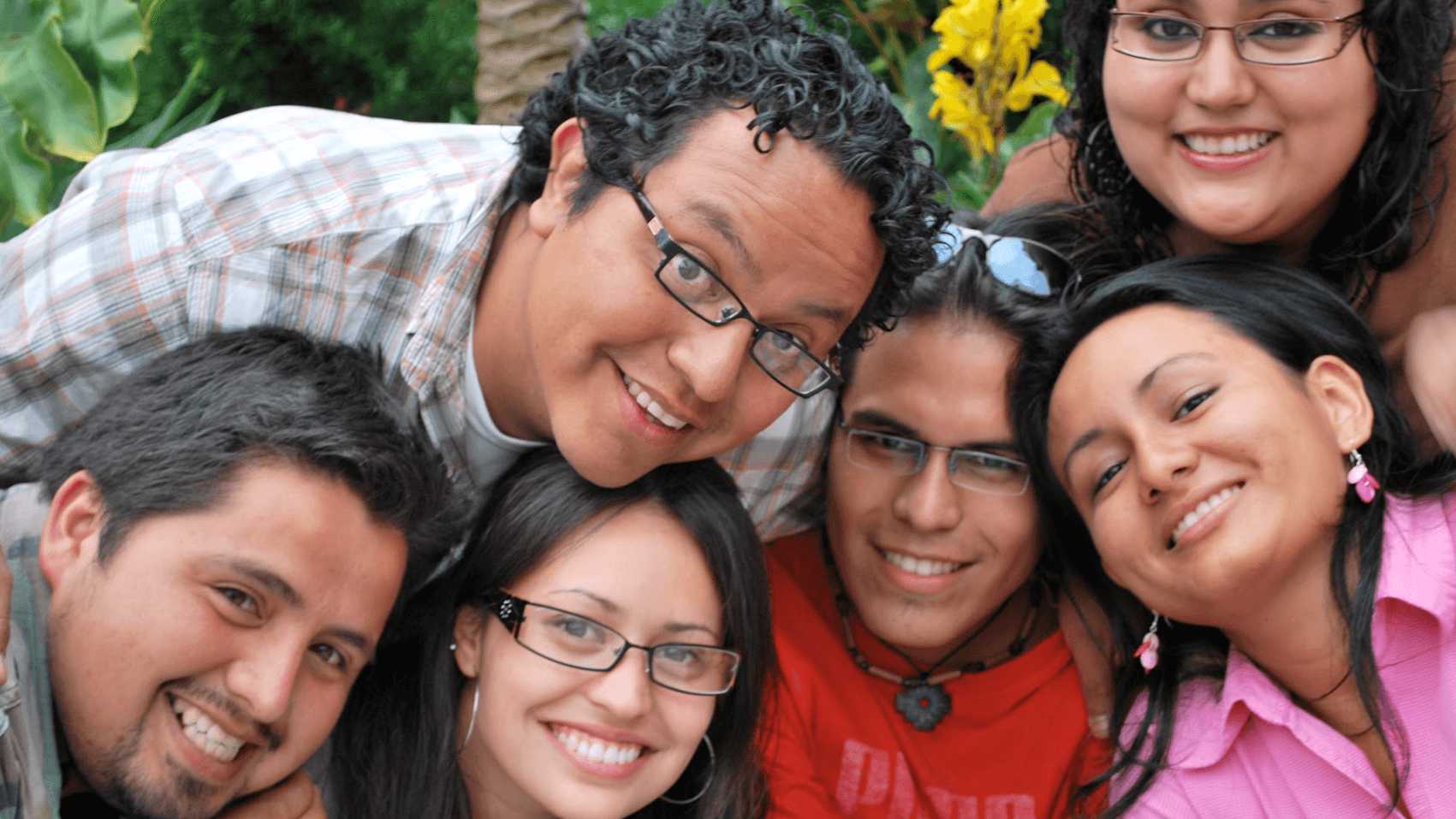The Impact of Family Therapy on Mental Health and Well-being
&srotate=0)
Many people face challenges related to their mental health and well-being at some point in their lives. These challenges can stem from factors like stress, trauma, relationships, and family dynamics. Family therapy may be a helpful resource for individuals in Denton and Collin Counties.
So, what is family therapy, and what does it involve?
What is family therapy?
You may have heard of individual therapy or couples therapy, but what is family therapy? Family therapy (sometimes called relationship therapy) involves working with a family unit to address and improve the overall well-being of all members.
During therapy, a counselor will help identify patterns of behavior, communication styles, and any underlying issues that may be causing conflict or tension. The goal is to strengthen relationships and resolve conflicts in a healthy manner.
How does family therapy work?
Family therapy usually begins with an initial assessment where the therapist gets to know the family and their unique perspectives. From there, they will create a plan custom-tailored to meet the specific needs of each member. Sessions can range from weekly meetings to bi-weekly or monthly appointments, depending on the circumstances.
During these counseling sessions, a family therapist will guide discussions and activities to help everyone understand each other better and develop better ways of interacting. They may also assign tasks or homework to practice outside of the office.
Who benefits from family therapy?
Relationship therapy is beneficial for almost anyone who wants to improve their family dynamics or address conflicts within their family unit. It's also a useful resource for people facing specific challenges, such as:
- Divorce or separation
- Blended families
- Parent-child conflicts
- Substance abuse/addiction
- Mental health issues (e.g., symptoms of depression, anxiety)
- Chronic illness or disability
In addition to traditional nuclear families, family therapy can involve nontraditional structures such as single-parent households, grandparents raising grandchildren, or families with LGBTQ+ members. It also benefits those who are going through significant life changes, such as a move or job loss.
What is the result of family therapy?
The ultimate goal of relationship therapy is to improve family dynamics so that members can function in a healthy and supportive environment. This can manifest in various ways, such as better communication, stronger relationships, and healthier coping mechanisms for conflicts. It can also help families develop greater resilience and adaptability in the face of future challenges.
Meet with a family therapist today
When seeking a family therapist, it's important to find a specialist who is trained in this specific type of counseling. Our professionals are equipped to guide you through the process with empathy and expertise. So, if you or someone you know is struggling, don't hesitate to reach out for help.